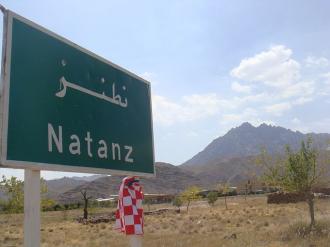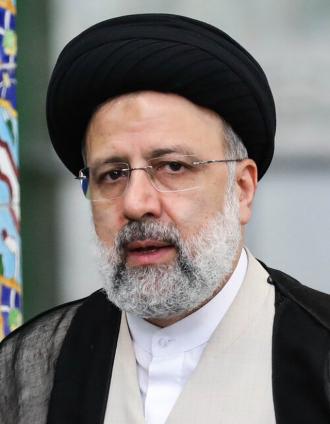When the brothers return home after their first confrontation with Yoseif, Yaakov refuses to let them bring Binyamin back down with them. Reuvein boldly declares (42:37) that both his sons shall be put to death if he does not bring Binyamin back. Despite this impressive expression of dedication, Yaakov refuses to let the brothers return with Binyamin. Later, as the famine grows stronger, the return to Egypt seems imminent. Yehudah proclaims (43:9) that he will take responsibility for Binyamin and that if he does not return him and stand him up in front of Yaakov, then he will have sinned to his father for all of days. Rashi comments that "all of days" refers to the world to come. Yehudah was declaring that if he fails to return Binyomin, his sin shall be everlasting. Yaakov subsequently sent the brothers back down with Binyomin.
From a practical point of view, the reason why Yaakov accepted Yehudah's proposal and not Reuvein's may simply be because time was just running out. Reuvein's offer was presented when the brothers had just returned and could survive without returning to Egypt for a while. Later on, however, there simply was no other alternative.
The Ohr HaChayim, however, offers a comparison of the sincerity of the two offers. Reuvein, in fact, had four sons. He only offered the sacrifice of two of them because he was not willing to lose all his children and be bereft of the mitzvah of procreation. He was willing to sacrifice possessions of this world but not his reward in the world to come. Yaakov sensed this slight insincerity in Reuvein's offer. Yehudah, however, was willing to sacrifice even his portion in the world to come, according to Rashi's interpretation. Yaakov, therefore, felt that Yehudah's acceptance of responsibility was sincere enough that he could trust with the life of his youngest son.
In the past, we have discussed different nuances of Chanukah as they pertain to the miracle of the war and the miracle of the oil. I would like to explore the actual significance of the two miracles. Specifically, why was it necessary to have these two miracles?
To begin, let us backtrack and approach the issue based on our understanding of our reactions to the miracles. At the end of Al HaNisim, we recount that the eight days of Chanukah were instituted lehodos ulhalel. There are two distinct purposes for Chanukah. Lehodos is simply understood as giving of thanks. As we have discussed in past years, the Al HaNisim text mentions nothing of the miracle of the oil. As R' Chaim Kanievsky explains, it was not a miracle of eternal significance as it pertains to our existence. We would still be standing here today with or without the miracle of the oil. Thus, we are not expected to give thanks for it. The same cannot be said about the great miracle of the defeat of the mighty Syrian Greeks by our tiny army. That is why the thanks is focused exclusively on that event. (I have heard a number of people, speaking about Chanukah, commenting that we "do not celebrate military victories." Based on the above, that approach seems questionable at best.)
Hallel is usually understood as praise. This is clearly different than thanks. Hallel, in our context, is expression of recognition of HaShem's greatness. Whereas the miracle of the war, as unbelievable as it was, was more discrete, the miracle of the oil was a blatant miracle. As we have mentioned in the name of P'nei Yehoshua, the miracle of the oil was not "necessary," per se. Nevertheless, it was a clear stamp of approval on the entire episode of Chanukah and, at the same time, a clear display of HaShem's greatness.
The two miracles of Chanukah represent the two aspects of HaShem's deliverance. Our commemoration of this holiday is meant to give thanks and to give praise - to thank HaShem for our defeat of the Greeks and to give praise and recognize His ultimate greatness.















